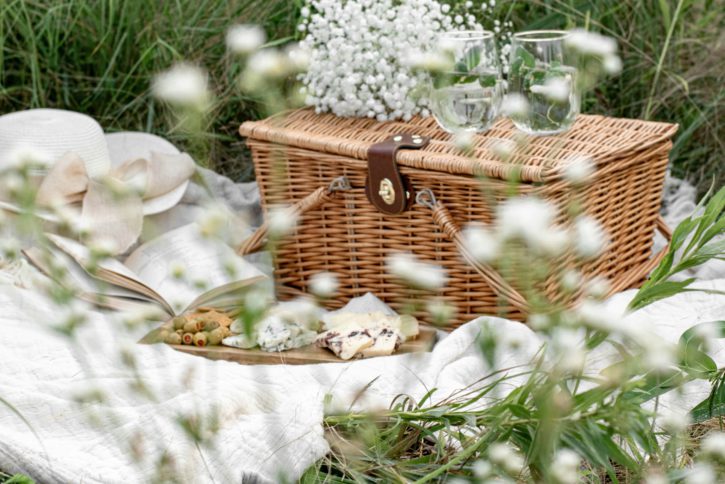“Worry is praying for what you don’t want”. Bruce Lipton
We often hear that the right answers and a true happiness come from inside. At the same time, as members of a community, a group, or a family we are constantly exposed to interactions and relationships. Hence, we often compare ourselves with others to get a confirmation of our values or expand our horizon. Is comparing taking us to the right direction?
Why we compare ourselves to others
1. Humans are social creatures
The child is curious about the world. He/she would often play dress-up and get this question from adults “What would you like to be when you grow up?” Recognition from peers, interacting with someone who might seem inferior can make us feel better about ourselves.
2. You do not feel in control of yourself or your life
A multitude of experiences is making life rich and also exposes us to risks and the impermanence of things. We develop attachments and try to hold on to what is beyond control. The sense of security is threatened and change becomes the only consistency.
3. You have low self-esteem, low self-confidence or low self-worth
The above is characterised by a lack of confidence and feeling badly about oneself. People with low self-esteem often feel unlovable, awkward or not prepared. This feeling often supports the need to remain in the comfort zone and have little initiative. Stop listening to your inner critic and surround yourself with people you can look up to compared to being the smartest person in the room. It will give a realistic view of the world and the support and inspiration needed.
4. You grew up being compared to others often
Some parents compare their children to each other or to other children with whom they interact with at school, other family members, friends’ children. They often believe that the comparison will motivate their kids. So, reaching adulthood, they are programmed to continue the same process with the people around.
5. Lack of self-knowledge
A child who is not seen truly and deeply by parents does not learn to see herself/himself truly and deeply. Growing up with this gap in self-knowledge leaves you vulnerable as an adult. You wonder what is good-bad, strong-weak, bright-dull, fun or enjoyable about yourself. So, comparing yourself to others becomes a way to figure out who you are.
Comparing yourself to others is not the secret to happiness
Comparisons will never tell you who you are. They only bring us further away from discovering our identity and increase the anxiety that we sometimes feel when facing changes. In the best case, comparisons will tell you who you are not or don’t want to be. They are a sign that you do not know yourself. You are wondering who you are and whether you are good enough. You find yourself looking for answers in the wrong places. The answers you seek for are not in the people around you. To find them, you must look in the opposite direction. You must look inside.
“Who looks outside dreams; who looks inside awakes.” Carl Jung
Basic tips to stop comparing yourself to others
1. Begin with trying to notice every single time you compare yourself. You must be aware of it before you can change it.
2. When you notice a comparison starting, develop the skill to interrupt the process. Picture a giant, red stop sign in front of you and say “STOP” in your head. Or find a technique that works for you and use it.
3. Start paying more attention to yourself in general. What do you feel, what do you want, what do you like, dislike and need? What are your true strengths and weaknesses as a person? The answers are all there. They are real and they are inside you. Make time to learn about yourself here.
Source: PsychCentral
Photo:Felipe Rizo@unsplash







